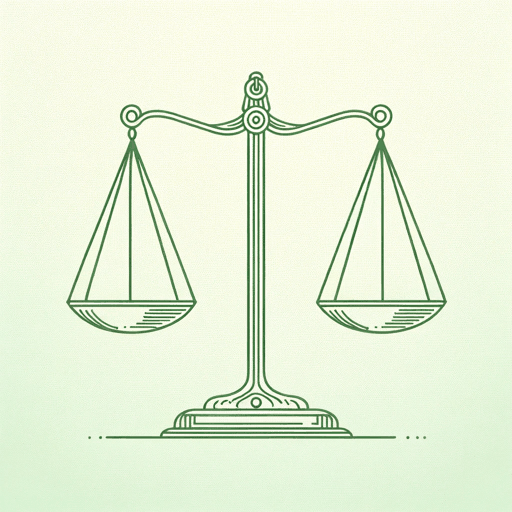51 pages • 1 hour read
Steven Levitt, Stephen J. DubnerFreakonomics: A Rogue Economist Explores the Hidden Side of Everything
Nonfiction | Book | Adult | Published in 2005A modern alternative to SparkNotes and CliffsNotes, SuperSummary offers high-quality Study Guides with detailed chapter summaries and analysis of major themes, characters, and more.
Index of Terms
Cause
A cause is something that leads to something else. Causes of people’s actions often are hard to discern because it can be tough to distinguish between a cause and a correlation—a connection between two things that might merely be a coincidence or might be a signal that a third thing is causing the first two. For example, the US crime rate dropped sharply in the late 1990s, and many experts believed the cause was more and better policing, or stricter sentencing, or the aging of a population of impulsive young men. The authors, however, believe the crime drop occurred partly because legalized abortion removed a large cohort of unwanted children (who often end up as criminals) from a population that, when it reached maturity, contained fewer lawbreakers. This cause thus was hidden behind several correlations that merely appeared to be causative.
Correlation
The book defines correlation as “nothing more than a statistical term that indicates whether two variables move together” (163). Correlations don’t mean one variable causes the other, just that they tend to occur alongside each other. Sometimes two variables are correlated because one variable does cause the other, but not always, and proving it can be difficult. The public, however, often confuses correlation with causation.


